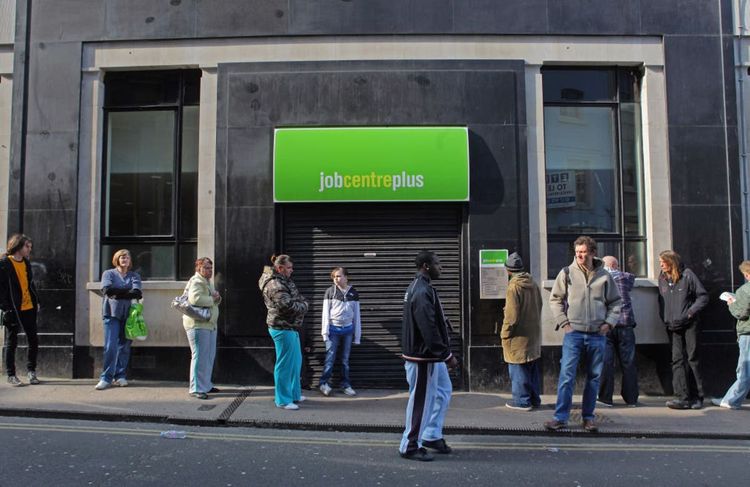New benefits crackdown as disabled people may be offered vouchers instead of cash

"Free Morning Headlines Email: Stay Updated With Global News"
Get Daily News Headlines For Free!
The government is planning to crack down on the culture of issuing sick notes, which could result in disabled individuals losing their monthly cash payments.
In the next few days, we can expect to hear about adjustments to the Personal Independence Payment (PIP). These modifications are just one aspect of a larger initiative that seeks to reform the benefits policy, which has been promoted by Rishi Sunak. The changes come at an opportune time, as local elections are scheduled to take place this week and a general election looms in the near future.
According to reports, the upcoming modifications will focus on individuals who have mild mental health problems, which the government believes should not hinder them from being employed.
The new regulations might entail individuals having to present receipts to receive reimbursements from the government, as per The Telegraph. Alternatively, instead of giving out monthly cash payouts, vouchers or medical attention could be awarded.
On Tuesday, the work and pensions secretary, Mel Stride, will speak to the House of Commons about proposals that will be made available for public feedback in a "green paper" consultation.
During the consultation, it is anticipated that examples of comparable models in different nations will be cited. For instance, in New Zealand, a medical professional confirms additional expenses, while in Norway, a letter from a general practitioner details the expenses linked to a person's condition.
PIP is a method by which individuals in Britain can request economic assistance from the government as a result of disability. It is not the same as incapacity benefit, which is allocated to those who are incapable of working due to their illness.
Approximately 2.6 million individuals who are able to work receive PIP every month. PIP is a financial support that can give up to £5,000 every year. It is granted to cover additional costs that individuals with disabilities may have. This may include expenses for equipment such as stairlifts or transportation like taxis.
The estimated yearly expense of PIP is currently approximately £22 billion. Experts predict a 50% growth in four years due to the increasing eligibility of individuals with mental health issues for PIP assistance.
Around 360,000 people are receiving PIP benefits for anxiety and depression at present. This number has doubled in comparison to what it was five years ago and is three times higher than the sum of people receiving PIP benefits for all types of cancers together.
According to Mr. Stride, the increase in mental health conditions is partly due to excessive labeling. He believes the welfare system needs to improve by distinguishing between conditions that prevent individuals from working and those that don't.
Mr. Stride stated to The Times that some people may have less severe mental health issues, or that society may be quick to label certain behaviors as a specific medical condition, when in reality, employment could be the solution or at least part of it.
We must make sure that we don't put people in a position where we easily suggest they rely on welfare.
He proposed considering talking therapies, social care packages, respite care, and other possible substitutes for cash payments.
Following his statement earlier this month, where he expressed his moral purpose to remodel welfare, Mr. Sunak denounced the act of leaving too many individuals stranded on benefits without rehabilitation.
Johnny Timpson, who was one of the dementia champions of Mr. Sunak, resigned afterwards to voice his opposition to the way disabled individuals were treated and the intricacy of the benefits program.
Some people have raised doubts about where additional help will be sourced from, considering the fact that there are already 1.9 million individuals awaiting assistance for their mental health conditions through the NHS.
According to Mr. Stride, the government is giving priority to this matter. As proof, he referred to the recent release of information regarding an additional 400,000 available counseling sessions, which could potentially alleviate the shortage. However, he did not provide further details on how this would be achieved.
He maintained that the primary motive behind the alterations was to aid individuals in finding employment and not to reduce expenses.
However, he accepted that finances have to be considered considering the estimated rising expenses. "It's hard to deem it as feasible when we anticipate a 63% rise in PIP expenditure, equivalent to roughly £13 billion in the upcoming years," he stated. "These sums of money are staggering."













































